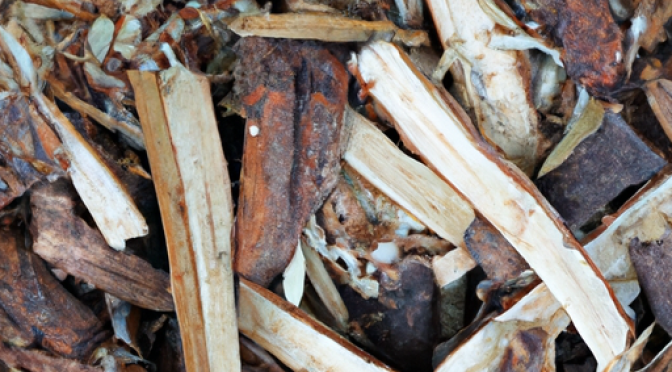What is biomass?
Biomass is a collection of biological materials produced by plants and animals. It takes the form of energy stored in biological materials and can come from a variety of sources, such as wood chips, plant residues or animal waste.
Biomass plays an important role in energy production as it can be used as a renewable energy source. In energy production, biomass is burned or broken down by other processes to produce heat or electricity. This process contributes to reducing the use of fossil fuels and promoting environmentally friendly energy production.
The benefits of biomass utilisation are numerous. Firstly, biomass is a renewable resource, which means that it is constantly being renewed, unlike fossil fuels, which are finite. Secondly, biomass utilisation reduces carbon dioxide emissions, as plants absorb carbon dioxide during photosynthesis and release the carbon dioxide produced during energy production. The use of biomass therefore contributes to the fight against climate change.
The use of biomass can take many forms. For example, biomass can be burned as pellets to produce heating or electricity. Biomass-based fuels can also be produced and used to power vehicles. In addition, biomass can be used in the food industry, for example in the production of animal feed or in the composting of food waste.
The use of biomass therefore offers a versatile and environmentally friendly solution for energy production and other industries. It is important for sustainable development and environmental protection to continue research and development in biomass technologies.
∑: biomass, energy, production, produced, carbon, dioxide, biological, materials, plants
